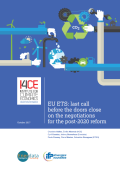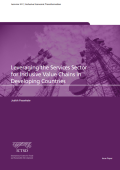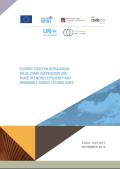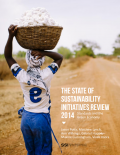



The countries of the Association of Southeast Asian Nations (ASEAN) have been very active in promoting energy efficiency (EE) and renewable energy (RE) technologies in order to fulfil their global commitment on climate change. In the ASEAN Plan for Action for Energy Cooperation 2016-2025 (APAEC), EE and RE are key program areas to be addressed.
In this vein, examples of actions include feed-in tariffs (notably in Thailand and Malaysia) and the liberalization of the electricity market. In relation to EE, ASEAN member countries are progressively adopting Minimum Energy Performance Standards (MEPS) with EE standard and labelling programs. ASEAN member countries coordinate their energy policies through the ASEAN Energy Efficiency & Conservation Sub-Sector Network (EE&C-SSN) and the Renewable Energy Sub-Sector Network (RE-SSN). Both are composed of government agencies acting as program coordinators, and report to the Senior Officials Meeting on Energy (SOME) and the ASEAN Ministers on Energy Meeting (AMEM).

The past decade has seen a rapid expansion in the development of voluntary sustainability standards (VSS) to address key sustainability issues for commodity supply chains. Major growth in the production and sales of certified/verified agricultural products has been fuelled by increasingly ambitious private sector sourcing commitments, particularly among blue chip companies.
This Review provides a bird’s eye view of the global market trends of 10 commodities and the 16 most prevalent standards initiatives paving the way for more sustainable production and trade. The review looks at the governance, criteria coverage and implementation practices of standards initiatives that are active in the agriculture, forestry and biofuels sectors. The standards initiatives studied had certified/verified production with an estimated trade value of US$31.6 billion (2012).
This Review is a strategic planning tool for businesses, policy makers and stakeholders seeking to build more sustainable supply chains. The Review is a collaborative effort of IISD, IIED, FAST, ENTWINED and IDH.
